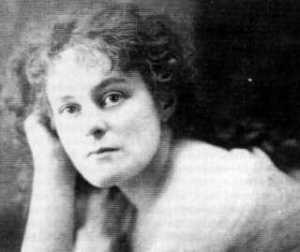It’s noon and it’s time to eat, so Bloom finds his way to a typical period restaurant and looks around for a moment. Given his dietary concerns, it’s not surprising that our guy is not very happy with what he sees.
That fellow ramming a knifeful of cabbage down as if his life depended on it. Good stroke. Give me the fidgets to look. Saver to eat from his three hands. Tear it limb from limb. Second nature to him.
We get a lot of visceral descriptions in this section and it’s a wonder to me that more people didn’t die of food poisoning in this era. But then again, they probably did. Ironically, Bloom is a noted eater of kidneys as we saw at the beginning of the novel, and yet he makes the statement “eat pig like pig”. Bloom may be disgusted by the view of the eating house, but he is equally capable of submitting to gluttony given the right circumstances.
Bloom wanders off to find his own eating location and eventually gets a decent sandwich at a local bar. His meal is interrupted by another Dublin denizen, Nosey Flynn, who babbles on while Bloom silently thinks about what an annoying jerk he is. There really does seem to be a lot of annoying people in Bloom’s Dublin, most of whom talk a lot, or block one’s view of a nice looking lady, or babble or gossip or otherwise sound inane. They may be different characters but they all seem to have the same characteristics…they prattle incessantly about things they have no idea about.






![]ameson](https://ulyssesproject.files.wordpress.com/2011/07/ameson.jpg?w=640)





